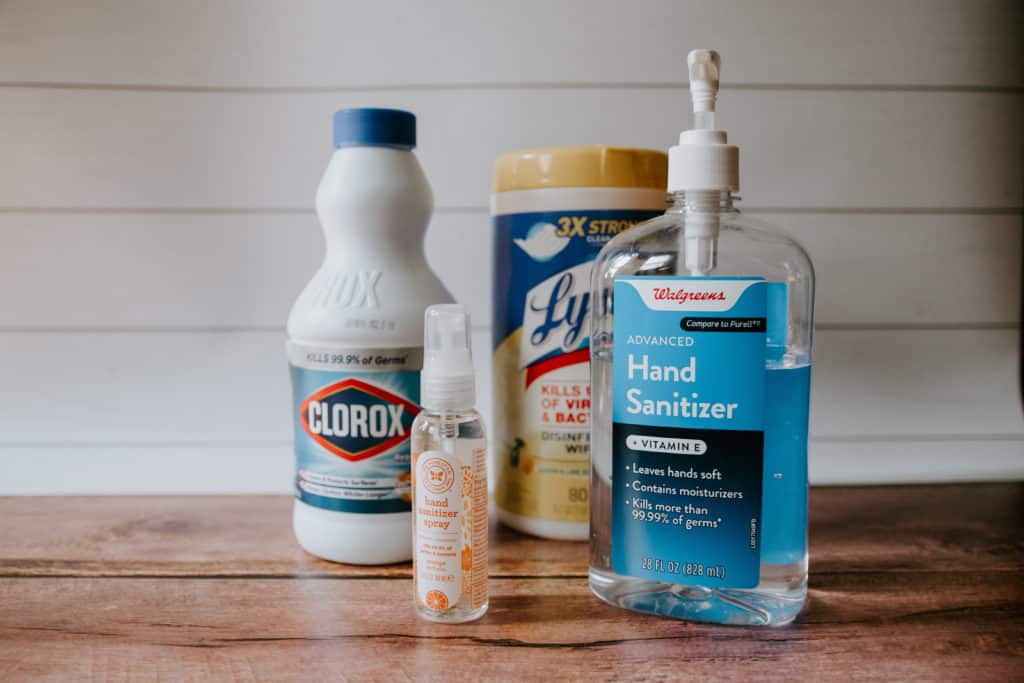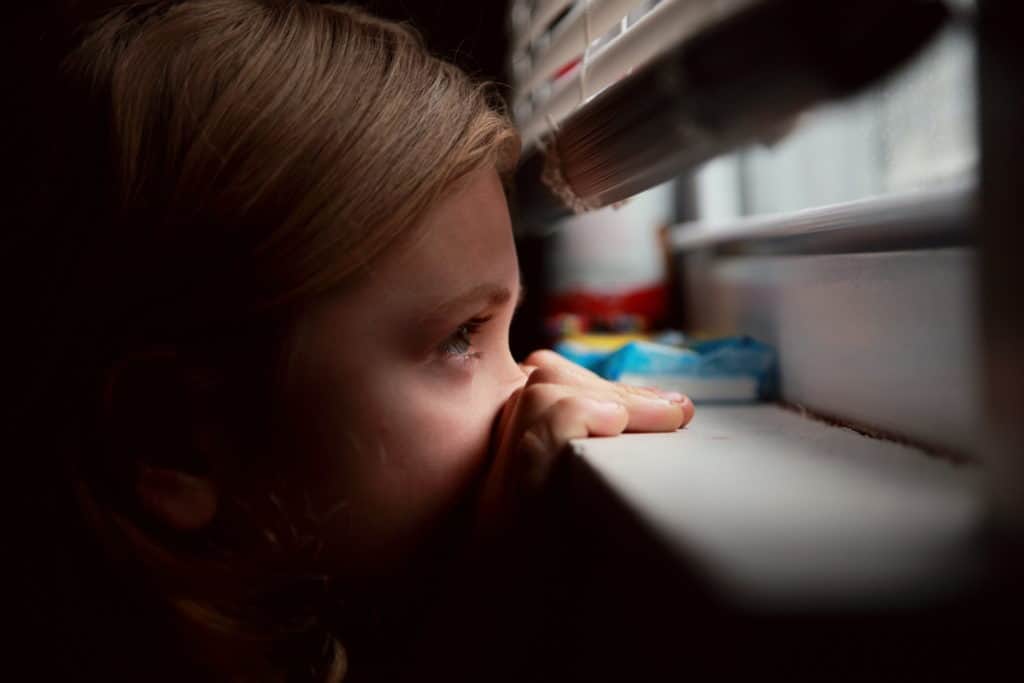On March 13, Governor Inslee declared a state of emergency under the Stafford Act. Courts in other states have closed and King County Superior Court is also taking precautions. The depth of the collective anxiety of self-quarantining is palpable. For those of us who operate under the confines of a Parenting Plan, the pandemic is a massive disrupter. Sadly, this crisis can create an additional point of contention between parents because the paradigm has shifted in both households, and the community.
This post, like the rest of our posts, does not provide legal advice, nor is it a substitute for legal advice. If you have a specific question, our team is working safely. We are available to connect with you by phone or Zoom. While each case is specific and unique, here are some ideas to consider.

How do you talk to your kids about Coronavirus?
There has been so much misinformation about the virus. So, the vulnerability of each household may be perceived differently by each parent. As a result, kids receive different messages in each household. This can be very frustrating, confusing, and lead to conflict.
- Acknowledge the Misinformation. In my own home, we called a family meeting acknowledging that information about this illness has been rapidly changing. As a result, as parents, our responses have also varied and is changes rapidly. Not only is this true, but it is an easy way to explain why each household may have different perspectives without placing blame or putting down the other parent. As a divorced parent, you may lose credibility with your child as soon as you diminish the other parent. Even worse, it gives your child insight into how to manipulate you and the other parent in the future.
- Ask them for Help. We are all so used to instant gratification and kids, especially teens, really just want to hang with friends. No matter what age, “social distancing” can be tough to conceptualize, but scientific research says it works. If you don’t have a member of a vulnerable population in your household, it can be helpful to remind kids that it’s not just about the fatalities, but the illness is also very hard on all populations.Emphasize that this predicament is unprecedented.Precautions are an opportunity for your kids – to be a part of stopping the further spread of the illness.It is our social responsibility to social distance, and we have the power to hold in our hearts and minds the good health of all the first responders, health care workers, and those who must still go in to work.
- Create and Keep a Schedule. Kids crave routine. If you can, coordinate with the other parent and include your child in the creation of a daily schedule. If you’re situation doesn’t lend itself to working with the other parent, then follow the schedule only in your house. Be gentle with yourself and your child on transitions days, but try to remain firm in implementing the new schedule as soon as you can. Make a list of activities that you can all do at home: cleaning the garage, closets, etc. Here are a couple of inspiring books to read.
- Go to Gratitude. Encourage your kids to write down a list of ways they are lucky during these times and to ask them to pay attention to the helpers. Here are some quick examples of ways your kids may be privileged:
-
- We are lucky because we don’t have to worry about missing meals now that school is closed.
- We can still go to grocery stores because we don’t have immuno-compromised parents.
- We are lucky because we have technology to keep us connected to our loved ones.
- We are not constrained from seeing family who may be in nursing homes.
- We don’t live in a country where there are children being separated from their parents in order to slow down the spread of the virus.
- We can still go for runs, get in the outdoors, sing, and read.
- We have heat, water, internet, Netflix…
How to deal with missed visitation ?
- Acknowledge that it’s going to happen. Particularly with long-distance Parenting Plans, missed visits are likely and it’s worth consulting counsel. While you will want to protect your rights, those rights need to be balanced with the safety issues surrounding the illness. Read your Parenting Plan to determine what your dispute resolution clause looks like. That is probably the best place to start when you call a lawyer.
- Keep a written record. It’s unclear how courts will ultimately deal with requests for make-up time. However, typically, courts will honor agreements made between parties. So, if you and your co-parent deviate from the Parenting Plan, it’s a good idea to put that agreement in writing – even if it’s a text exchange or email. It ensures that you’re both on the same page which is good for your kid. Moreover, it protects both of you in a future court proceeding. The parent who takes additional time with the child is at risk of a Contempt motion, while the parent who is abdicating time for the benefit of social distancing runs the risk the other parent will reneg on the agreement. That’s why a written record can be helpful in a future court proceeding.
- Do not ask your child to decide. The impact of the situation is difficult enough for adults to fathom. Do not add to your child’s anxiety by placing the burden of problem-solving on their shoulders.
- Stay Calm. For most parents, being away from your child feels unnatural. For divorced parents, being separated from your child can be a very particular kind of emotional turmoil. Sometimes, all you’ve got to go on is the promise of future time spelled out in your Parenting Plan. The collective panic and uncertainty around coronavirus amplifies parental anxiety, which in turn, makes the pain of separation that much worse. Do what you can to keep yourself calm for your kids. There are many coronavirus specific meditations and prayers that may offer solace, and don’t forget the power of gratitude.
- Stay Connected. Thankfully, there is a lot of amazing technology to keep us connected. Get a subscription to Zoom or use FaceTime to stay connected to your kids. Ideally, you will want to get the other parent to agree to set times for you to connect with the child. This can be much harder with smaller children, but it’s possible.

Ultimately, we will get used to living in this new paradigm. It may not be comfortable, but it’s workable. For co-parents, working together may have varied levels of success, but you’re likely to be more successful if you can keep your wits about you. The attorneys at DuBois Levias Law Group, PLLC are here to help.